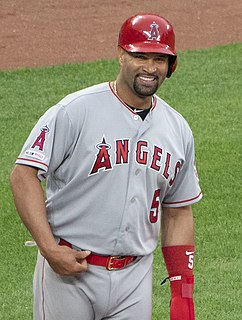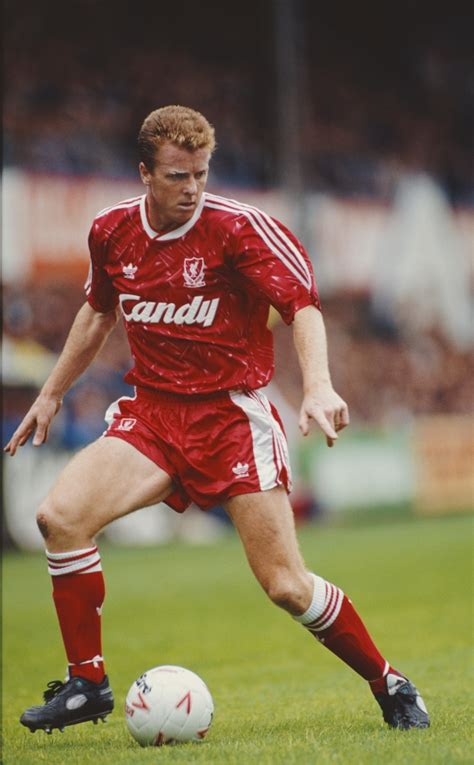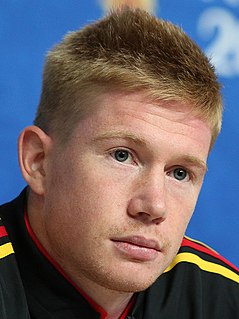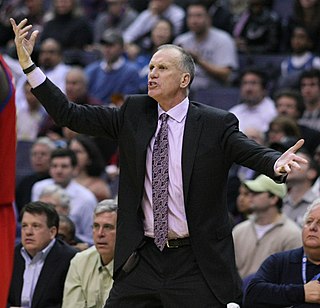A Quote by Lou Holtz
All winning teams are goal-oriented. Teams like these win consistently because everyone connected with them concentrates on specific objectives. They go about their business with blinders on; nothing will distract them from achieving their aims.
Related Quotes
I remember after that, when it was announced I was going to the Heisman ceremony, I didn't think I was going to win it because everybody was saying there was a bias against West Coast teams. I really hadn't paid attention to it. Winning the Heisman wasn't really a goal when I was younger. My goal was to go to USC and win a national championship.
People from other teams want to play in St. Louis and they're jealous that we're in St. Louis because the fans are unbelievable. So why would you want to leave a place like St. Louis to go somewhere else and make $3 or $4 more million a year? It's not about the money. I already got my money. It's about winning and that's it. It's about accomplishing my goal and my goal is to try to win. If this organization shifts the other way then I have to go the other way.
The result is that a generation of physicists is growing up who have never exercised any particular degree of individual initiative, who have had no opportunity to experience its satisfactions or its possibilities, and who regard cooperative work in large teams as the normal thing. It is a natural corollary for them to feel that the objectives of these large teams must be something of large social significance.






































